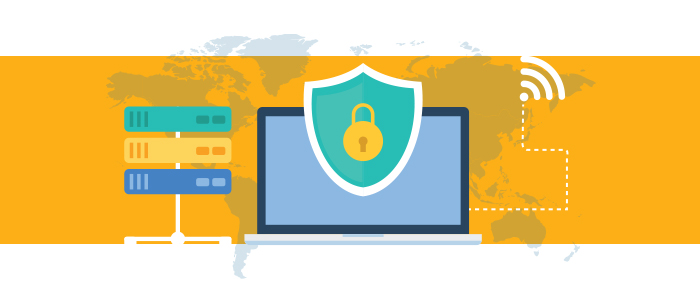Best practices for data safety in a remote work environment

Best practices for data safety in a remote work environment
Do you have staff working from home? Of late, due to the Coronavirus crisis a lot of businesses shifted to the remote working environment. While it raises some data security concerns, they can be overcome by following a few best practices.Formulate rules
You can start by formulating rules that define the extent and manner in which personal devices may be used for work purposes.
- Who are allowed to use personal devices for work?
- Spell out the regulations that they must follow. For example, regular checks for malware and updates to anti-malware software, etc.,
- If there are restrictions to the device type, software or operating systems that may be used, out of security concerns, then that should be addressed.
Focus on the 2 Ts of cybersecurity
- Train your staff: The first T is training your staff on how to identify IT threats and cybercrime activities that they can be a victim of. Examples include phishing emails, dubious attachments, clone sites, etc., Another area to train your staff is free/public wifi. They need to know that public wifi can be a gateway for hackers and cybercriminals into your system. Accessing emails from the airport’s waiting lounge or the mall’s food court, can expose your business to IT threats.
- Teach good password hygiene: This is the second T. Help your employees understand how important password strength is. They should be able to identify weak passwords and steer clear of them. Also, they need to know that no matter how urgent the situation seems, password sharing is not acceptable. Similarly, mistakes such as repeating the password for multiple accounts, not changing the passwords frequently, etc., can make a cyber criminal’s job easier.
Keeping things under control
You can conduct monthly audits of the devices your employees will be using for work purposes. Arrange for regular security patch implementation, firewall installation and software updates. Install quality anti-malware software, firewalls, and make sure email security systems are in place. Even in the remote environment, you can ensure appropriate data access through role and permission-based access control measures.
All of this may seem new, and tedious, especially for businesses that are looking to recover from the effects of the on-going pandemic, which is why it is a good idea to team up a managed services provider to help set up a strong, secure, work-from-home environment for your business.

Comments
Post a Comment